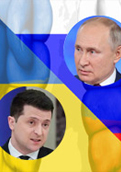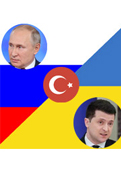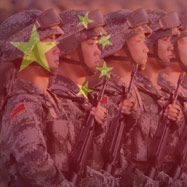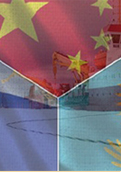Jihadists, White Supremacists Vex Russia–Ukraine War
With the war in Ukraine moving towards an uncertain resolution, there is a danger that the influx of heavy weaponry and foreign fighters could bring in a new set of imponderables into an already vicious and escalating conflict.
- Adil Rasheed
- March 28, 2022














